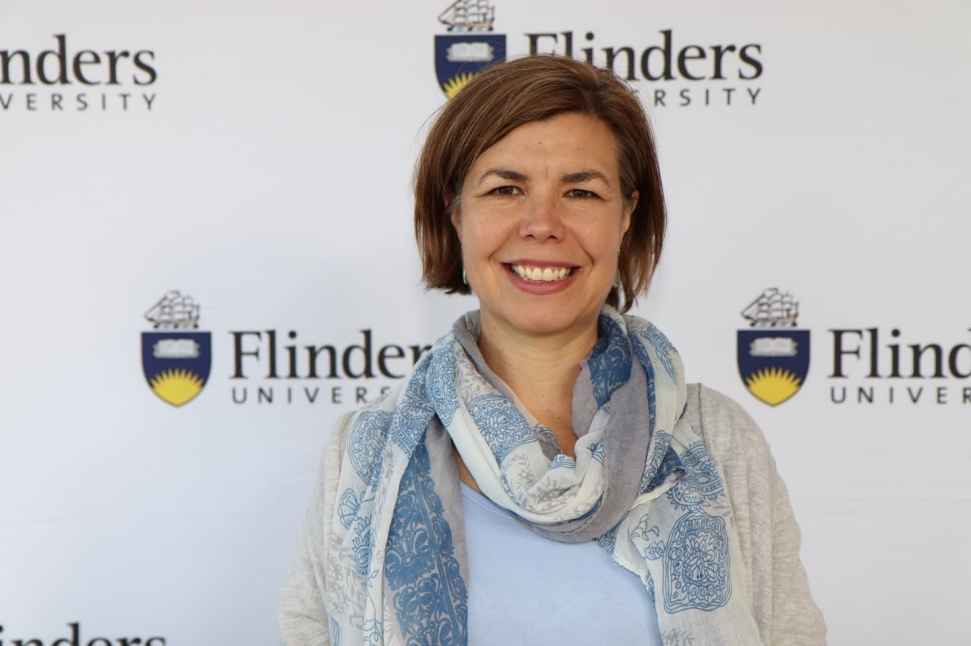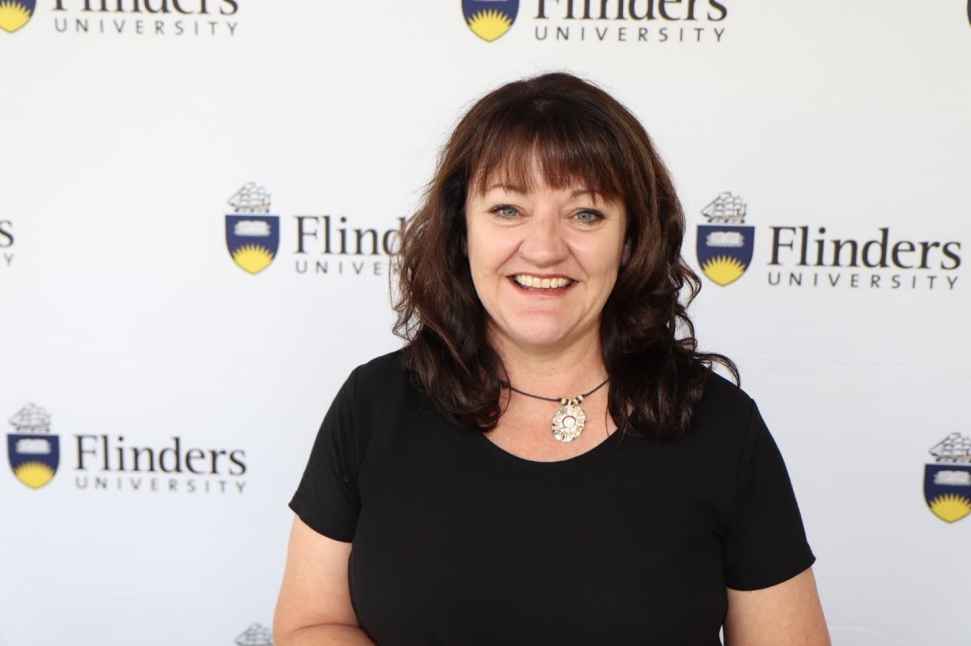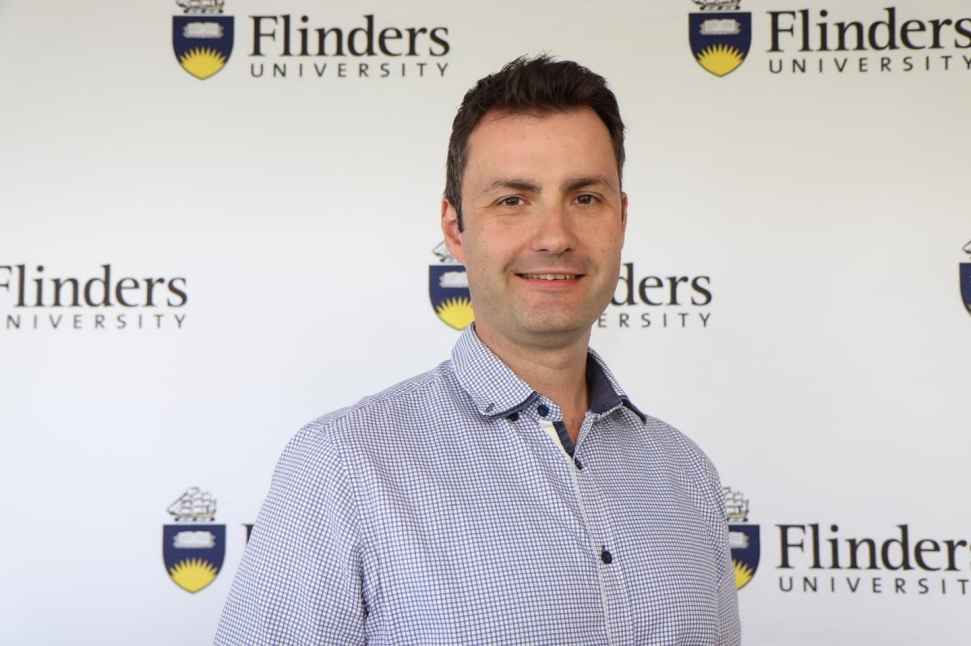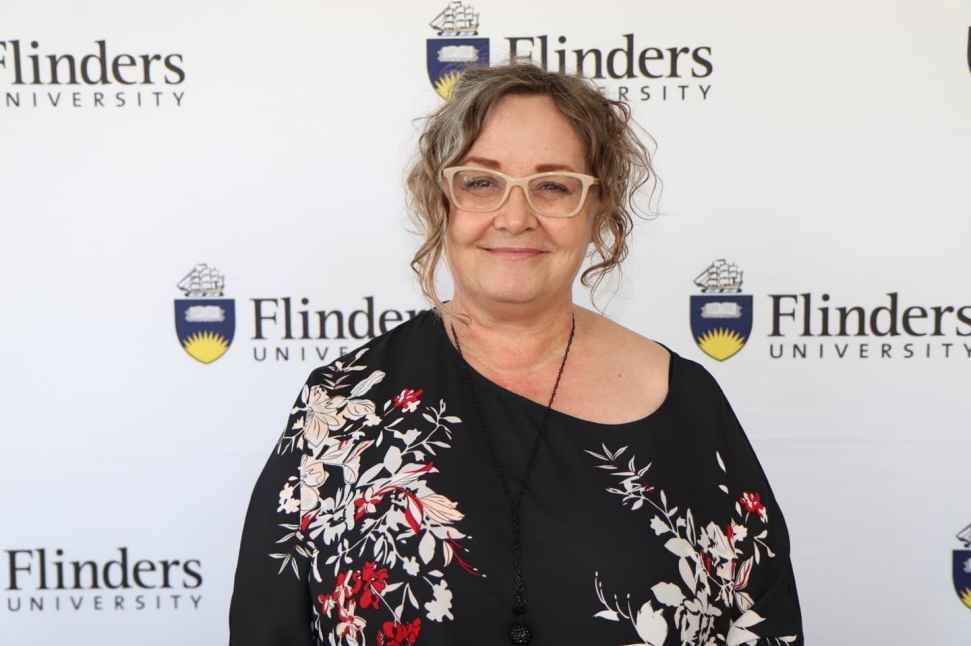Being able to communicate with others and have the ability to swallow food and liquids, are fundamental to experiencing a good quality of life.
What does a career in speech pathology look like?
Speech pathologists provide both diagnosis and treatment strategies to help people overcome a wide range of difficulties across the lifespan. They work with people who experience difficulty communicating due to developmental delays, brain injury, stroke, intellectual disability, dementia and other problems that can affect speech, language, fluency and voice. They also work with people who have swallowing issues such as babies with a cleft palate, people who have had a stroke and people with degenerative diseases.
Employment growth to May 2024

Labour Market Information Portal, Department of Jobs and Small Business
Study options
Potential occupations
- Speech pathologist
- Project officer
- Researcher
- Manager
- Policy advisor
This degree ensures graduates meet the entry-level standards of Speech Pathology Australia (SPA), the national accrediting body, which will enable them to practise in Australia and many other countries and regions around the world, including the UK and Asia.
Potential employers
- Healthcare sector (including hospitals, rehabilitation centres, community health services, mental health services)
- Aged care sector
- Disability services sector
- Education sector (including Mainstream, special schools and special education units)
- Early childhood education sector
- Private practice



Why study Speech Pathology at Flinders?
- Flinders enjoys strong partnerships with industry in both teaching and research endeavours with organisations such as the Local Health Networks, Department for Education and aged care service providers.
- Flinders has the highest number of placement hours for a speech pathology degree in Australia. We have a wide range of opportunities both in Australia and potentially overseas. These include childcare centres, state and independent schools, disability services, hospitals, rehabilitation centres, community health centres and aged care facilities.
- We have our very own purpose-built interprofessional clinic, Health2Go, on site at our Sturt campus, giving you the opportunity to work with clients alongside professional clinicians to gain real-life experience in a modern multidisciplinary environment.
- Smaller cohort teaching ensures a personal approach to learning and the relationships we have with our students and graduates are highly supportive and long-lasting.
- We have a strong focus on an integrated enquiry-based curriculum. This approach is supported by a wide variety of teaching and learning strategies including case study tutorials, lectures, workshops and clinical skills practicals. Partnered with work integrated learning, interprofessional and evidence-based practice means we produce high quality, work ready and future proofed students for our profession.
- Our graduates have an excellent understanding of person-centred care and are able to work in a team of professionals to achieve the optimal outcomes.
- Flinders graduates have an excellent reputation within the health industry.
- Many of our teaching staff are also active researchers and members of Flinders University’s Caring Futures Institute.
- We ensure our programs always have the latest evidence-based learning outcomes.

Academic Lead: Dr Jane Bickford
Jane is a passionate educator, early career researcher and certified practising speech pathologist who has worked in a range of clinical and community settings with diverse populations in both Australia and the UK. Her academic interests include voice and voice disorders, the effects of detrimental change to communicative competence to self-identity and social participation, adjustment to acquired communication changes, occupational voice disorders, therapeutic communication skill development, 'consumer voice' in person-centred service delivery and the experience of transition (in education and healthcare).

Undergraduate Course Coordinator: Dr Joanne Murray
Jo has over 25 years of clinical experience as a speech pathologist in rehabilitation for stroke, spinal cord injury, burns, general medical conditions and dementia. Her interest in optimising outcomes for individuals with aphasia, apraxia of speech and dysarthria led her to co-author a therapy resource Motor Speech Matters. She previously held positions of Senior Speech Pathologist at Hampstead Rehabilitation Centre in Adelaide and Director of Speech Pathology at John Hunter Hospital in Newcastle, NSW.

Postgraduate Course Coordinator: Associate Professor Sebastian Doeltgen
Sebastian has spent the last decade studying and researching swallowing disorders, their neuro-pathological correlates and socio-economic impact in Germany, New Zealand and Australia. After graduating in Germany in 2003, he undertook post-graduate study in the field of swallowing rehabilitation at the Department of Communication Disorders, Christchurch, New Zealand. This was followed by an NHMRC Postdoctoral Research Fellowship in the field of human neuro-motor control at the University of Adelaide's Robinson Institute, before joining Flinders University.

Student Experience Coordinator: Catherine Linnett-Young
Catherine has worked at Flinders since 2009 and has over 30 years’ experience as a paediatric speech pathologist specialising in early childhood and working with families with high levels of vulnerability and social disadvantage. She uses this extensive clinical experience in her teaching and engagement of students to provide a 'real world' view of how to work most effectively with families, using a family centred approach. Catherine is passionate about teaching speech pathology students the most up to date, evidence-based practice in working with children with communication disorders and their families.
Frequently asked questions
Graduates will meet the entry-level standards of Speech Pathology Australia (SPA), the national accrediting body, which will enable them to practise in Australia and several other countries around the world, including the UK and Singapore*.
*Pending transfer of qualification; conditions may apply.
Yes. 2019 employment projections for the five years to May 2024 show the Audiologist and Speech Pathologist/Therapist profession is projected to grow 24.5% Australian Labour Market Information Portal.
Yes, Flinders Speech Pathology has one of the highest numbers of placement hours for a speech pathology degree in Australia, providing plenty of clinical practical experience prior to graduation.
Students complete placements in a variety of different settings providing services for clients across the lifespan. They cover multiple areas of practice including communication and swallowing.
Both the Bachelor and Masters of Speech Pathology require full-time study and are not offered externally or on a part-time basis.
Yes, eligible applicants must have a Flinders equivalent GPA of 5.00 or above to be considered. As places in the course are limited, the GPA cut-off for offers may be higher depending on the pool of applicants each year.
The current pandemic situation (COVID-19) will affect many aspects of your study, from topic availability on campus to how your classes are delivered. For detailed information about the impact of COVID-19 on your study please refer to the Coronavirus (COVID-19) information page.
- Applications are completed via SATAC
- Visit: https://www.satac.edu.au/
Study options
I am an
International Student
Australia or New Zealand.
I am a
Domestic Student
I'm an Australian Permanent Resident
(including Humanitarian Visa holders).
![]()
Sturt Rd, Bedford Park
South Australia 5042
South Australia | Northern Territory
Global | Online




